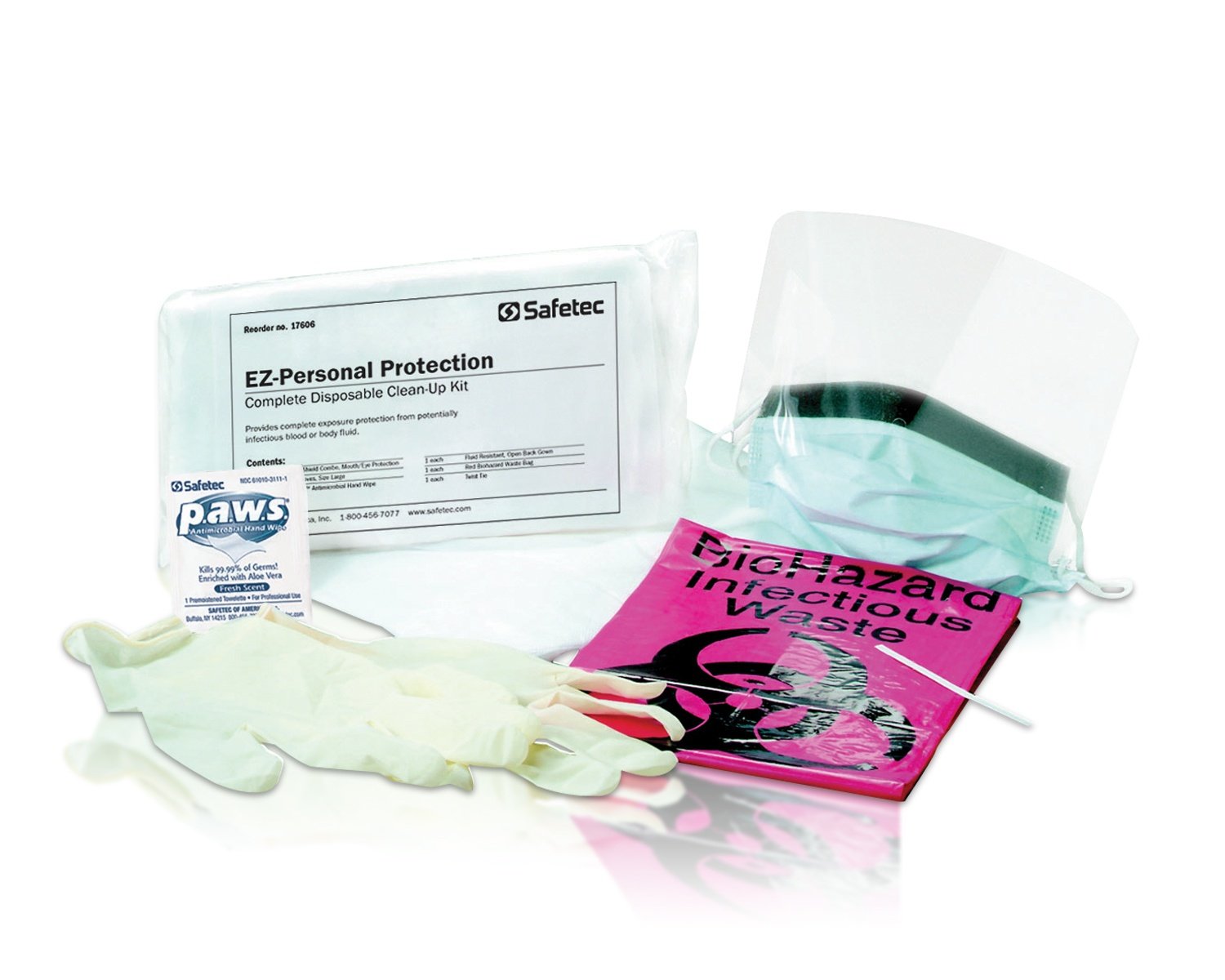
How To Be Prepared For A Medical Emergency
During a medical emergency, you may feel inclined to help those in need if it’s within your power. However, most individuals are not properly prepared to handle a health crisis and could put themselves at risk. Your personal safety should be a top priority before you provide assistance to others. If you’re sick or injured, it can be difficult to help save lives. Here are five steps you can take to help ensure your safety — and that of those around you — at the scene of a medical emergency.
- Assess the Emergency Situation
 The first step in properly responding to an unexpected emergency is to assess the situation. Whether it’s a collapsed building, fire, car crash, natural disaster or other calamity, take in your surroundings and see who is at the scene and what is happening. In high stress situations, individuals often panic or shut down, especially if they or a loved one has been injured. Bystanders might ignore the situation or just watch from afar, but if you feel you are able to help, start by notifying emergency services of the incident.
The first step in properly responding to an unexpected emergency is to assess the situation. Whether it’s a collapsed building, fire, car crash, natural disaster or other calamity, take in your surroundings and see who is at the scene and what is happening. In high stress situations, individuals often panic or shut down, especially if they or a loved one has been injured. Bystanders might ignore the situation or just watch from afar, but if you feel you are able to help, start by notifying emergency services of the incident.
- Determine the General Safety of the Scene
Consider all environmental hazards at the scene before rushing to provide medical assistance. There may be vehicle traffic, flammable liquids, smoke, corrosive agents, falling objects, glass shards, live wires, aggressive individuals armed with weapons or other dangers. Evaluate your surroundings and your options for making the area safe — both for yourself and others. Injured persons should not be moved unless the area presents a serious safety risk, such as a fire.
- Wear Protective Gear
 Whenever you are dealing with a medical emergency, it’s vital to realize that your well-being is as important as the person you are attempting to save. Wearing personal protective equipment (PPE) can help keep you safe from bodily fluids, physical and chemical hazards, and airborne pathogens. PPE is often used in emergency training and by health care providers to protect themselves from infection or injury. Keeping PPE on hand is a good idea in case an emergency should arise, or it can be found in most first aid kits. Common types of personal protective equipment include:
Whenever you are dealing with a medical emergency, it’s vital to realize that your well-being is as important as the person you are attempting to save. Wearing personal protective equipment (PPE) can help keep you safe from bodily fluids, physical and chemical hazards, and airborne pathogens. PPE is often used in emergency training and by health care providers to protect themselves from infection or injury. Keeping PPE on hand is a good idea in case an emergency should arise, or it can be found in most first aid kits. Common types of personal protective equipment include:
- Gloves — Latex, vinyl or nitrile gloves can help reduce your chances of coming into contact with blood and other bodily fluids.
- CPR masks — These masks provide a barrier between the rescuer and victim, which help keep you from breathing in or transferring germs.
- Hand cleaners — When soap and water aren’t available, waterless hand cleaners can help prevent the spread of disease, especially after contact with an injured person.
- Assist the Incapacitated
Once hazards are cleared and you’re equipped with protective gear, you can assist those in need, from the most to the least injured. Basic first aid can be administered until more advanced care arrives. While you may not be able to fully address their injuries, your goal should be to keep as many victims alive and stable as possible until first responders arrive.
- Know Your Limits
Be sure to stay within the boundaries of your skill set, qualifications and training in order to make the situation better, not worse. Although it can be tempting to extend yourself beyond your expertise, it’s imperative to not take extreme risks, such as attempting risky medical procedures, while under extreme duress. Once emergency professionals arrive, let them handle the wounded since they are specifically trained for medical emergencies.
Although you can’t know when a medical emergency might occur, by following these steps and universal precautions, you can ensure your safety while helping others who urgently need care.
Resources:
https://www.cprconsultants.com/what-is-a-ppe-and-why-are-they-important/
https://www.verywellhealth.com/personal-protective-equipment-ppe-1298866
https://www.firstaidforfree.com/emergency-scene-management-for-first-aiders/
https://medlineplus.gov/ency/patientinstructions/000447.htm
https://www.ishn.com/articles/102398-how-to-prepare-for-medical-emergencies
https://www.wphealthcarenews.com/tips-for-being-prepared-for-a-medical-emergency/
